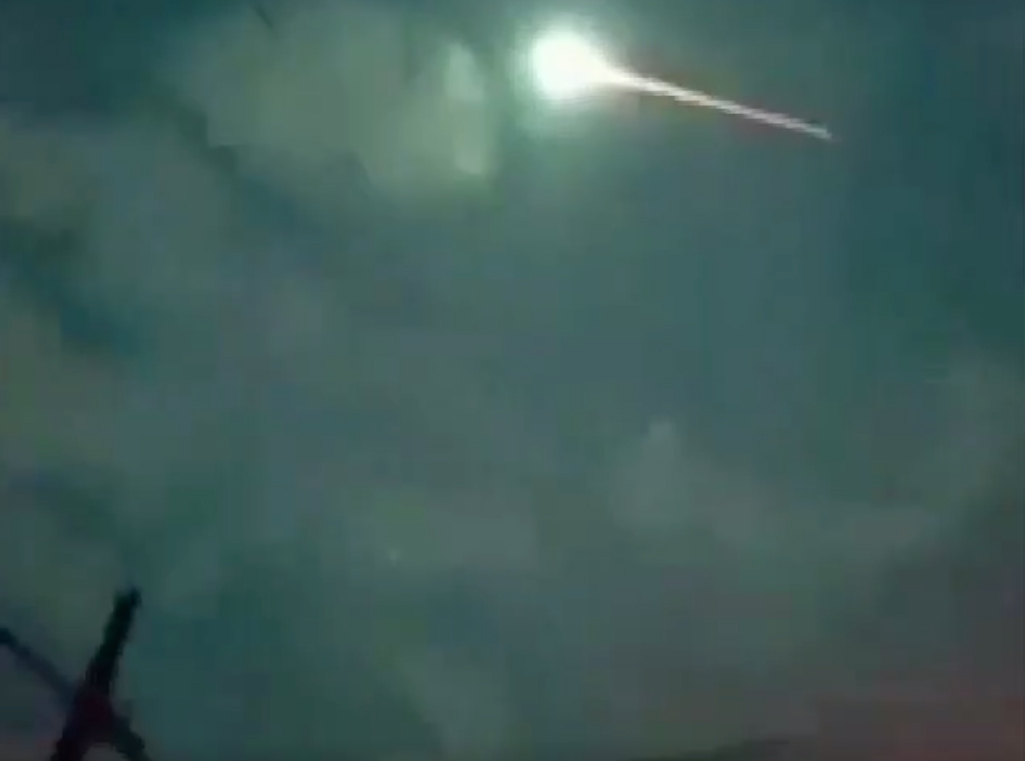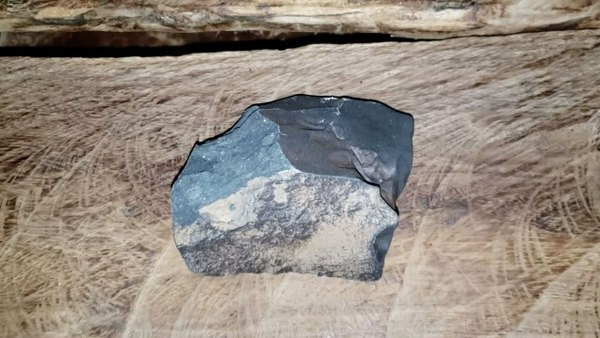
Meteor showers, which happen when our planet traverses through debris streams left behind by passing comets, are a fairly common occurrence. While the tiny rocks usually burn up when they collide with our atmosphere, resulting in what we call "shooting stars," every so often one manages to survive the impact and land on Earth. That is precisely what appears to have happened in Costa Rica recently.
On April 23, 2019, at 9:09 pm local time, residents of San Carlos in Costa Rica's Alajuela Province heard a loud noise, which was followed by a massive "fireball" streaking across the skies. Photos and videos of the stunning bright flashes soon went viral, with hundreds of residents reporting on the incident.

As it turned out, the exploding meteor did not totally disintegrate as expected. One small piece managed to survive the journey through our atmosphere and land in a house in the Aguas Zarcas district of San Carlos. The homeowner discovered the still-warm meteorite, which had created a hole in her roof, when she went to investigate the origin of a loud rumble from the back of her house. Scientists from the Central American School of Geology at the University of Costa Rica (UCR), who examined the space debris using special equipment, confirmed that the 2.36-pound (1,071-gram) rock was “a chondritic stone meteorite, composed mainly of silicon, iron, and magnesium."
Though more analysis needs to be done, initial tests seem to indicate the rock, dubbed "Meteorito de Aguas Zarcas,” is 4.5 billion years old. Experts suspect it may be the debris of Comet Thatcher, the source of the Lyrid meteor showers, which peaked on April 22 and April 23 this year. However, the geologists still need to perform chemical tests to confirm that theory.

Regardless of where it came from, the UCR team is thrilled at this rare opportunity to closely investigate a meteorite. The geologists say, “The Aguas Zarcas event is an extraordinary find and of great scientific interest at a national and international level that transcends any possible economic value that may be assigned to the fragments." They assert that the discovery is important “for the study of the age and composition of the Solar System, as well as to understand the genesis of particles of organic origin that later allowed the development and evolution of life on the planet.”
Resources: mailonline.com,sputniknews.com,ticotimes.net
